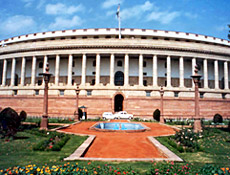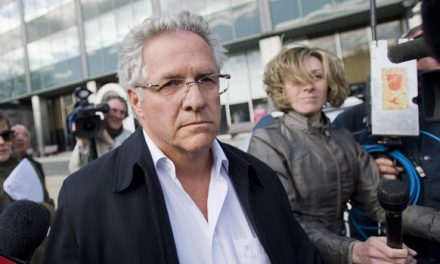
6 January 2012. A new report published by Transparency International finds that 90 percent of surveyed Maldivians believe that “corruption has increased” or remained level in the last three years. They found the parliament as the “most corrupt” institution.
The “Daily Lives and Corruption: Public Opinion in Maldives” report surveyed 1001 people in the Maldives between April 23 and April 29 of 2011 to capture public perception of corruption in the country. The survey was conducted by Gallup Pakistan of Gallup International, a leading polling service.
People’s Majilis (Parliament) was found “extremely corrupt” by 55.9 percent of responders. Meanwhile, 55.4 percent of respondents viewed political parties as “extremely corrupt”. The judiciary received a similar ranking from 39.4 percent of individuals polled.
Military and religious groups were considered the least corrupt institutions. Six percent of responders claimed to have paid a bribe to one of the nine service providers over the past 12 months. The most bribes were paid to Customs, while the fewest were paid to the Police.
Speaking at the report release ceremony held on Thursday at Traders, Senior Program Coordinator at Transparency International Rukshana Neenayakkara pointed out that it is significant that 90 percent of Maldivians believe that the presence of corruption has increased or remained unchanged over the past three years.
Referring to the high perception of corruption within the parliament and judiciary, Neenayakkara said the figures reflect a “dismal drastic situation” of grand corruption in Maldives, which can create a “worse situation” in the coming years. “So we need action now”, he asserted.
According to Neenayakkara petty corruption is uncommon in Maldives though it is endemic in other South Asian countries which were similarly surveyed.
Project Coordinator for Transparency Maldives Aiman Rasheed explained that “grand corruption” which spread across the judiciary, parliament and members of the executive is “more dangerous” compared to the petty cash corruption, and stressed on the need to address the problem through systematic change.














